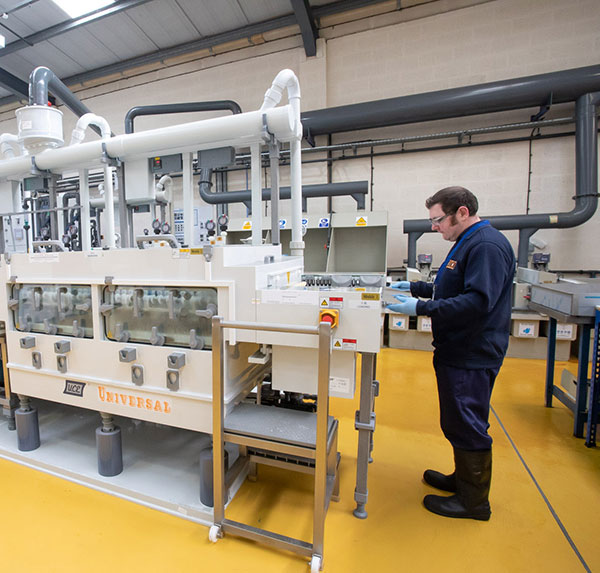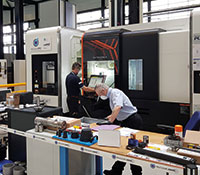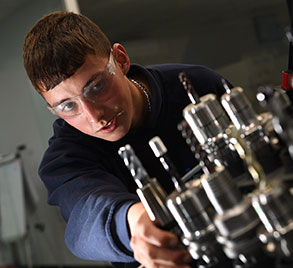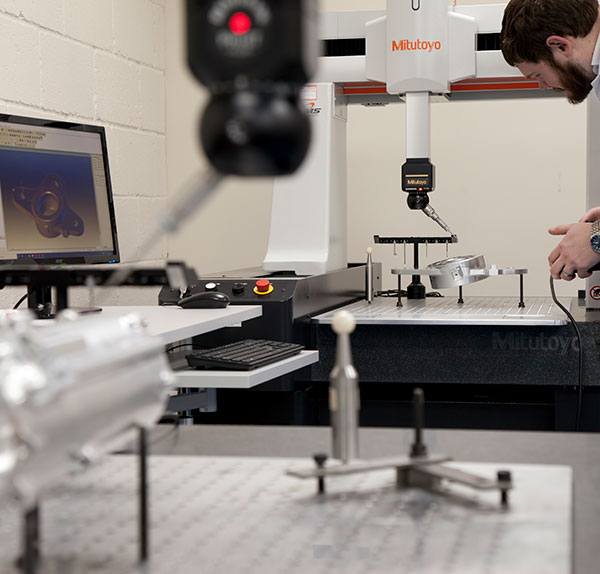Kaman UK has delivered its 80,000th rear fuselage packer to BAE Systems for its F-35 manufacturing programme.

The new stealth jet is performing a hover manoeuvre during RIAT 2018.
The Royal International Ait Tattoo 2018 is held at RAF Fairford, Gloucestershire 13-15th July. It is an annual event and attracts crowds of over 150,000 who come to see aerial displays and get up to close aircraft from around the world.
The Lightning fifth-generation combat aircraft will operate alongside the Typhoon. Lightning is a multi-role machine capable of conducting missions including air-to surface, electronic warfare, intelligence gathering and air-to-air simultaneously.
This year marks a special milestone for the Royal Air Force as they celebrate their centenary and is the main theme of the event.
Supplying these parts since 2003, the rear fuselage packers, and 1000 plenum ducts, have been used in the manufacture of over 500 aircraft. Kaman UK first began working with BAE Systems in 1951 under its predecessor company, English Electric Company.
Christopher Morris, Kaman UK’s managing director, says: “We are pleased that we’ve been able to support BAE Systems as it develops the aircraft for today and tomorrow that will guarantee the nation’s security and provide continued employment for thousands of engineers and support staff across the UK supply chain. We’re looking forward to continuing the supply of parts and services for this aerospace and defence leader by investing in our technology, our people and our systems.”
For further information www.kaman.com























